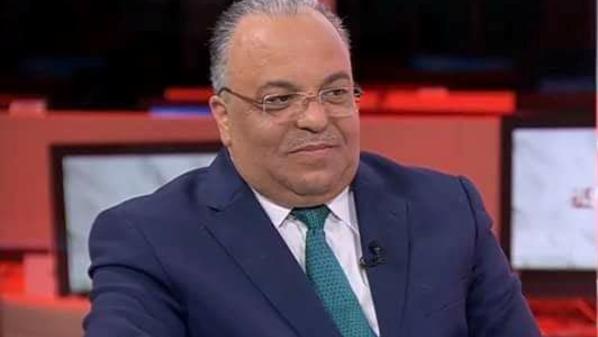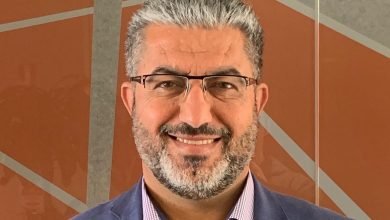Rising powers reshape global order and Middle East alliances, says analyst

By : JD News Desk
Jordan Daily – Dr. Monther Howarat, a prominent political analyst, highlighted the emergence of new global powers, particularly China, which he noted has begun to displace the United States from its dominant position.
Speaking at a panel organized by the Arab Thought Forum on “The Future of the Global Order and Escalating Crises in the Middle East,” Howarat traced the evolution of relations between major world powers, from the post-World War II era through the collapse of the Soviet Union and the subsequent unipolar world order, to the past two decades that have witnessed the rise of new global players.
He pointed out that these shifts have prompted several Arab countries to strengthen economic ties with China and Russia, both of which have gained influence over the last 20 years. This realignment, he argued, has provided Arab countries with a greater role in shaping new alliances on the global stage.
Describing the Middle East as a hub of geopolitical conflict, Howarat emphasized that the region’s complexity is deepening due to interventions from both global and regional powers. He discussed the key roles played by several Arab and regional states, while noting Israel’s significant impact on the region as a major regional player whose activities extend into politics, security, and economics, influencing the formation of regional alliances.
He also addressed the challenges facing Arab countries, particularly in the economic and political spheres, and examined the ongoing struggle for influence in the Middle East between major powers such as the U.S. and Russia. He highlighted the growing economic cooperation between China and a number of Arab states.
During his remarks, Howarat criticized Israeli actions, particularly its rejection of the two-state solution and its continued aggression toward the Palestinian people. He also discussed the potential for economic transformation in the region through renewable energy cooperation between Arab countries and China.
He concluded by stating that the multipolar international order now provides opportunities for numerous regional and global actors to expand their influence in the Middle East., asserting that the region is no longer an exclusive domain of the United States, as it had been in previous decades.

